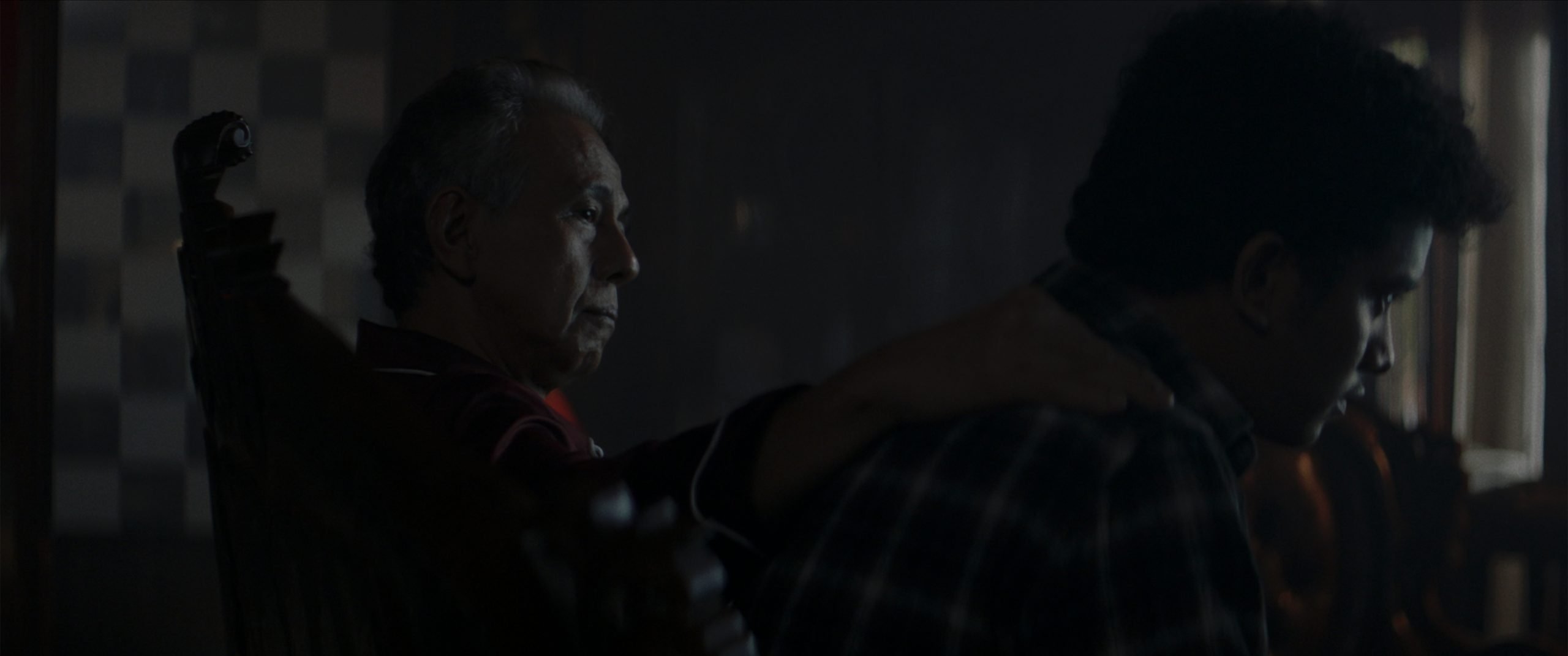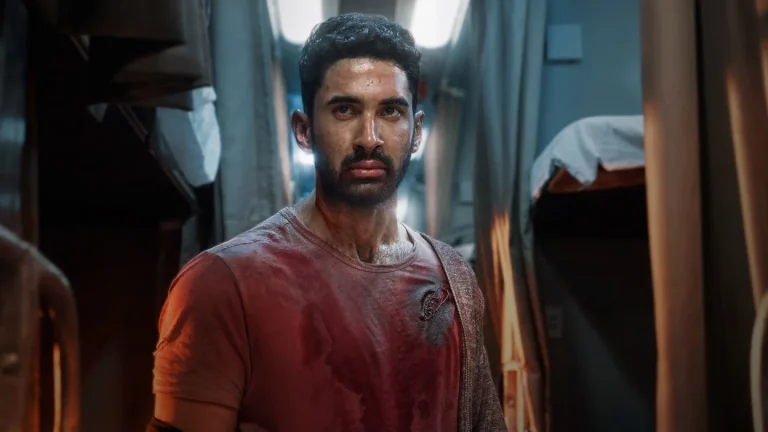The primary purpose of cinema’s existence is perhaps to entertain people, but often it becomes the medium for the artistic expression of an individual. Telling a story as honestly as possible becomes more essential than entertaining people. Makbul Mubarak’s Autobiography, based on his own experience as an Indonesian youth growing up in the era of dictatorship is one of those honest stories which has been told in a very captivating cinematic style.
From a broader perspective, the film belongs to the coming-of-age genre, but it also delves into topics like a power struggle, socio-political hierarchy, class divide between the rich and the poor, and fatherly issues. Due to the complex narrative of the story, the film goes through a lot of tonal shifts. It starts as a self-reflective story of a struggling young adult, then slowly morphs into a palpable thriller and eventually ends as a tale of revenge and maybe justice to some extent. However, that mostly works out due to a solid screenplay, smart editing, and adept direction.
At the center of the story which is based in an Indonesian town, there is Rakib aka Kib (Kevin Ardilova) and General Purna (Arswendy Being Swara). Kib’s father Amir is in prison and his brother is working in Singapore as an immigrant. His family has served General Purna’s family for several generations. General Purna is a war hero and he is now campaigning for the upcoming election. Early in the movie, Kib rejects an offer to go to Singapore as a construction worker and starts working as a driver for Purna. Eventually, Purna takes Kib under his wing, giving him his first taste of power, respect, and security. As a result of that, he starts growing admiration for Purna. He starts to see Purna as a father figure and that is further established by hinting that he has a strained relationship with his own father who doesn’t particularly approve of the two working closely.
Things soon take a dark turn for Kib as he begins to realize that Purna is not exactly a man who follows any moral code. He is, in fact, a power-hungry vindictive old man who would not accept any criticism of his ideology or beliefs. Interestingly though, several times in the film, Purna addresses Kib as “son” and introduces him as someone who is like a son.
Not having a son of his own and only having daughters who don’t live with him might have been a reason for that but Purna’s affection towards Kib seems genuine and that adds another layer to the complexities of Purna’s character. However, their affectionate relationship does not stop Kib from going against him. After a life-altering incident involving another local young man called Agus, Kib decides to go against Purna, and thus in the final act, the film becomes a story where its two main protagonists are pitted against each other.
Instead of using explosive dialogues and thunderous action set pieces, the director relies on atmospheric tension, ominous interactions, and very strategically put plot devices. Several scenes have been carefully written in order to establish Purna’s authority over the town and its people. In the very first scene, Kib is shown closely following a chess game of Viswanathan Anand.
Later, we see Purna playing chess with Kib and reminiscing how Kib’s father always used to beat everyone in the game of chess. Purna asking Kib to watch a game of Anand with him implies that he is seeing Kib as someone who is almost his equal. This is further proved when Purna asks Kib to accompany him and one of his friends to Karaoke. The complexities of the game of chess is mirrored in the complexities of the game between Kib and Purna.
Mubarak’s vision for Autobiography has been taken a notch higher by the camera work of Wojciech Staron and the editing of Carlo Francisco Manatad. By creating a color palette largely dominated by grey, blue and green to create a fitting atmosphere, taking both close-up and mid-length shots, and using the right kind of light to justify the shifts in the narrative, Staron deserves a lot of credit for making the film what it is. Manatad, on the other hand, has managed to make this film pretty easy to follow despite its complex story. The two lead actors, Ardilova and Swara have given extremely nuanced, realistic performances. Most essentially, Mubarak has shown both promise and confidence with his direction here.
Not all coming-of-age tales end with a green pasture. While the climax totally justifies the nature of the story, it is far from what can be called satisfying. It rather reflects the harshness of life and leaves the audience with a bitter aftertaste, making the film more real and honest. Mubarak, who used to be a film critic and has made a number of praiseworthy short films, deserves a round of applause for making a feature film debut as impactful as this.






![The Festival of Troubadours [2022] ‘Netflix’: Review & Ending Explained](https://79468c92.delivery.rocketcdn.me/wp-content/uploads/2022/09/The-Festival-of-Troubadours-2022-Netflix-768x432.webp)
